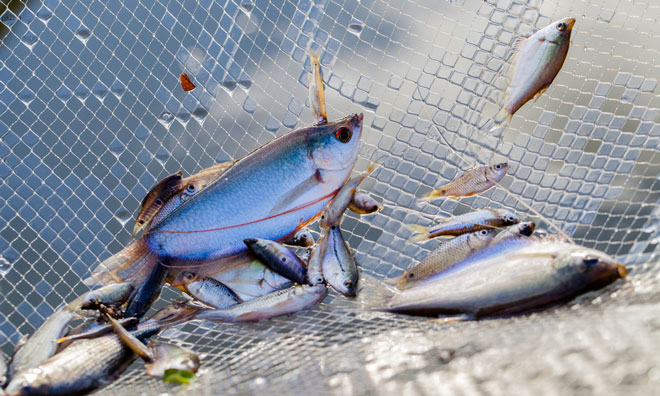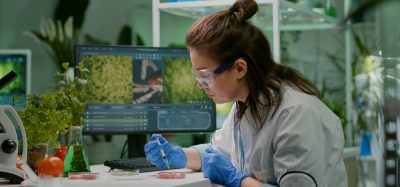Swedish researchers and global fishing companies form coalition for sustainable seas
- Like
- Digg
- Del
- Tumblr
- VKontakte
- Buffer
- Love This
- Odnoklassniki
- Meneame
- Blogger
- Amazon
- Yahoo Mail
- Gmail
- AOL
- Newsvine
- HackerNews
- Evernote
- MySpace
- Mail.ru
- Viadeo
- Line
- Comments
- Yummly
- SMS
- Viber
- Telegram
- Subscribe
- Skype
- Facebook Messenger
- Kakao
- LiveJournal
- Yammer
- Edgar
- Fintel
- Mix
- Instapaper
- Copy Link
Posted: 8 August 2017 | New Food, Stockholm University | No comments yet
A new article in the scientific journal PNAS describes how researchers from Stockholm Resilience Centre at Stockholm University convened the CEOs of several of the world’s largest seafood companies to form a new global coalition aiming to end unsustainable practices such as overfishing, modern slavery and destructive impacts on habitats and marine species.


The initiative marks the first time that companies from Asia, Europe and the US have joined forces to work on a clear agenda and commitment for change, and illustrate how sustainability scientists can actively engage as change makers.
The ocean is under enormous pressure due to extensive fishing, pollution and climate change. While governments are starting to address several of those issues, doubts remain whether formal government responses are enough to deal with the many and global challenges facing our marine ecosystems.
Researchers from the Stockholm Resilience Centre (SRC) have since 2012 worked on identifying the largest corporations in the global seafood industry – described as “keystone actors” because they dominate all parts of seafood production, operate through an extensive global network of subsidiaries and are profoundly involved in fisheries and aquaculture decision-making. Based on this work, the researchers have engaged with these powerful actors in order to develop a unique collaboration to deal with unsustainable practices such as overfishing, modern slavery and destructive impacts on habitats and non-target species. The result was an initiative called the Seafood Business for Ocean Stewardship (SeaBOS).
“If private corporations, which are critically dependent on a healthy ocean for their long-term prosperity, take on a leading role in ocean stewardship, then it is good for business and good for the planet”, says Henrik Österblom, lead author of the study and a driving force behind the SeaBOS initiative.
The PNAS study describes the co-production process that led the SeaBOS companies to commit to action, culminating in a joint statement presented at the June UN Ocean conference in New York.
“While substantial literature has focused on how science interacts with policy, relatively little is known about interactions between science and business. The strength of our study is to report in detail on such an interaction while putting it into the broader context of sustainability science”, says Jean-Baptiste Jouffray, PhD student at the Stockholm Resilience Centre, who has together with Österblom been instrumental in the establishment of the initiative.
Carl Folke, co-author of the study and the scientific director at the SRC adds that as researchers there are several challenges when working so closely with high-level companies within a business industry:
“Sustainability science is a use-inspired approach, where scientists can both be embedded in, and learn from change processes. Our ambition has been to be impartial knowledge brokers in this process and facilitate a new direction for ocean stewardship”.
The major sustainability challenges currently facing humanity will increasingly require that scientists take on a larger and more active role and connect knowledge to action. By showing how scientists can collaboratively develop solutions to major sustainability issues together with industry, the study presents a unique method, which potentially can be replicated in other sectors.
“The initiative and approach we describe certainly sets an interesting precedence for others to follow, not only for the ocean but also in other sectors”, believes Johan Rockström, co-author and executive director at the Stockholm Resilience Centre.









